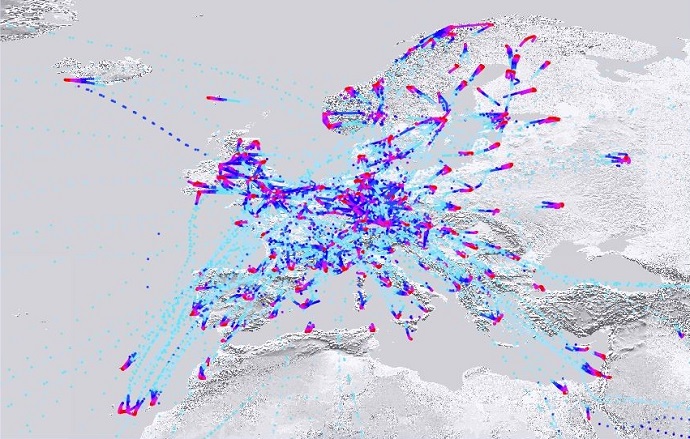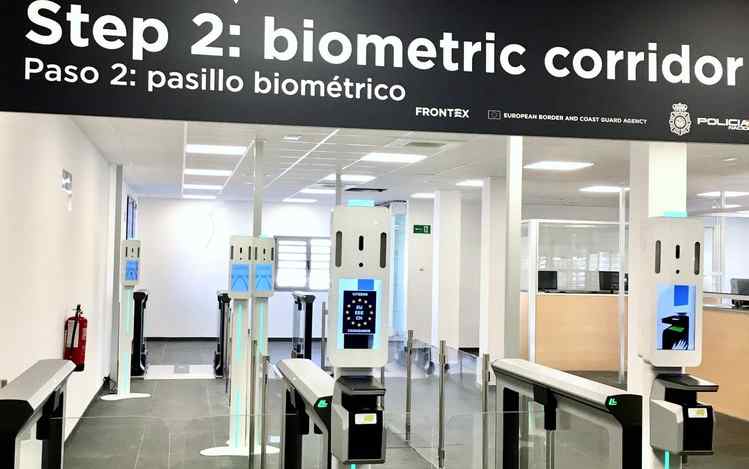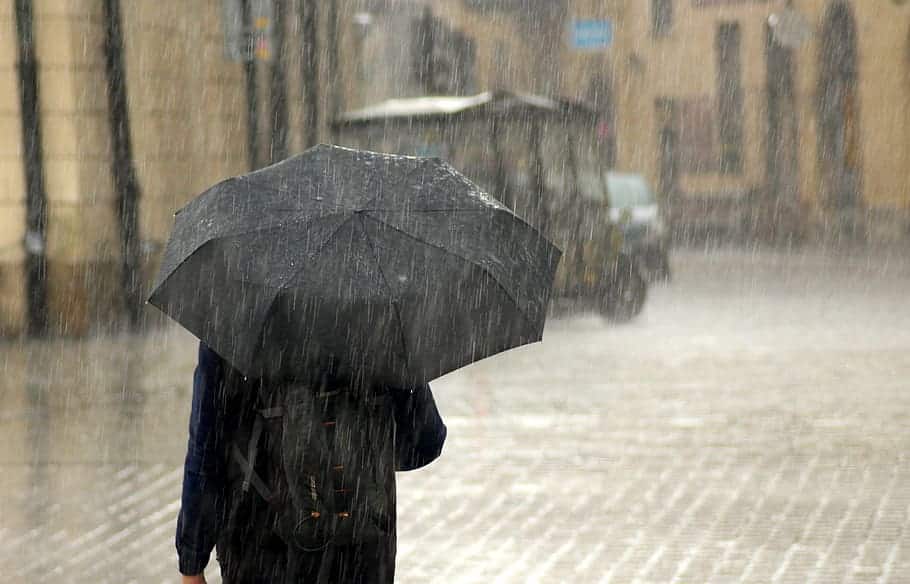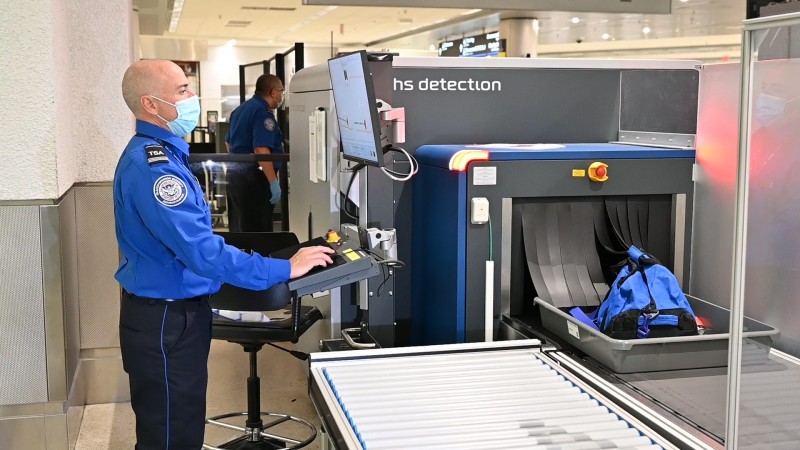Travellers from all EU and the four Schengen Area associated countries in which the Coronavirus infection rate has surpassed more than 150 cases per 100,000 inhabitants during the past 14 days, will be subject to 10-day restrictions on freedom of movement, upon their arrival in Estonia.
The decision, effective from February 8 will last until February 14 and will affect the following countries: Andorra, Belgium, Austria, Cyprus, Germany, France, Greece, Ireland, Lithuania, Italy, Malta, Poland, Monaco and Portugal. Spain, Romania, Sweden, Spain, Sweden, Romania, San Marino, Slovenia, Slovakia, Switzerland, the Czech Republic, Denmark, and Hungary will also be included in the list of affected countries.
Citizens of Lithuania and Latvia could be exempted from the restrictions in case that they arrive in Estonia directly from Lithuania and Latvia and present a negative result of the Coronavirus test, not older than 72 hours.
Travellers from all countries worldwide wishing to enter Lithuania from February 8 will have to present negative results of the Coronavirus test, not older than 48 hours.
Travellers from all countries worldwide wishing to enter Lithuania from February 8 will have to present negative results of the Coronavirus test, not older than 48 hours.
The Czech Republic has decided to adopt a recommendation of the EU Council, by adding the new dark red category that will include countries with a COVID-19 case notification rate of 500 or more per 100,000 people, to the EU maps of infections.
All persons coming from countries in the dark red category must complete a form and present a negative result of the PCR test upon their arrival in the Czech Republic.
The antigen test result should not be older than 24 hours, while the PCR test result should not be older than 72 hours.
Five days after arriving in Czechia, travellers from any country included on the COVID-19 red list must undertake a PCR test and stay self-isolated until they get the result.
Norway’s government advice against travel that is not strictly necessary will remain effective until March 1, with the possibility to be further extended if the Coronavirus pandemic situation worsens in other countries.
Earlier this month, authorities in Norway imposed new entry restrictions effective initially for 14 days as preventive measures to halt the spread of COVID-19.
Austria’s government has decided to impose stricter quarantine and entry rules in order to halt the rapid spread of new contagious variants of the Coronavirus pandemic. In addition, the country’s authorities also have announced that they have prolonged border controls with Czechia and Slovakia, due to the current pandemic situation.
Persons entering Austria’s territory will be required to go through compulsory quarantine rules through ten days. Persons wishing to enter Austria will be required to present a negative result of the PCR test or antigen test when entering their country. In addition to that, they must also fill the online form.
List of EU Countries Issuing/Asking for Vaccination Certificates
Following, find a list of all EU and Schengen area countries that have warned that they either plan on introducing these certificates or plan to permit restriction-free entry for those who hold such documents, as well as those who have only shown support for the certificates so far.
- Cyprus
- The Czech Republic
- Denmark
- Estonia
- Greece
- Hungary
- Iceland
- Italy
- Poland
- Portugal
- Slovakia
- Spain
- Sweden










